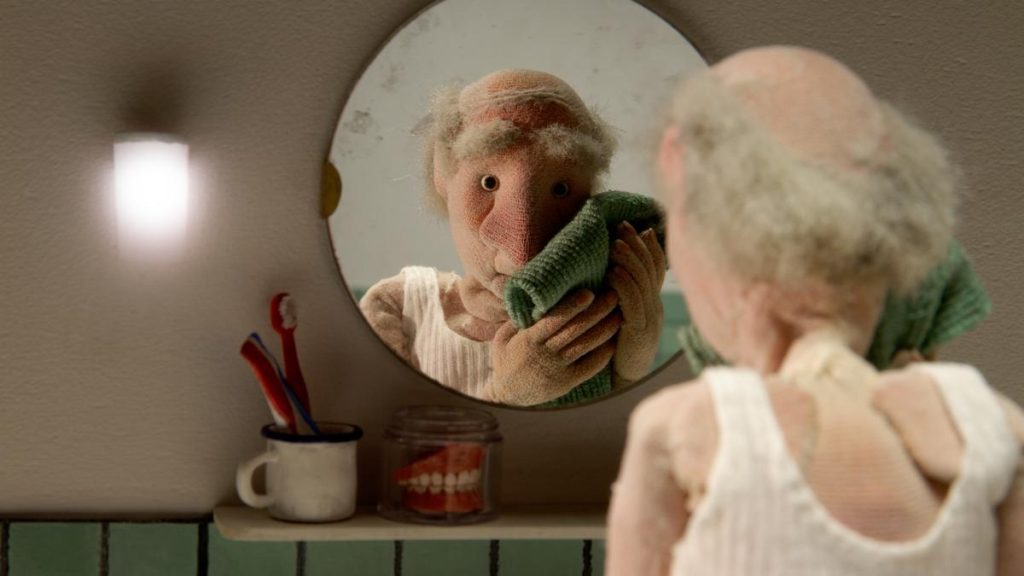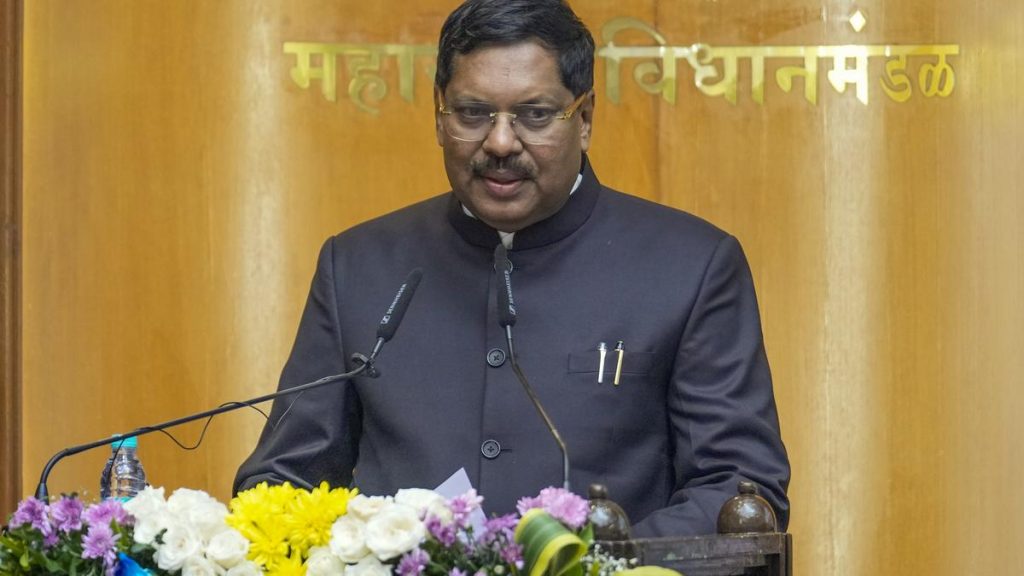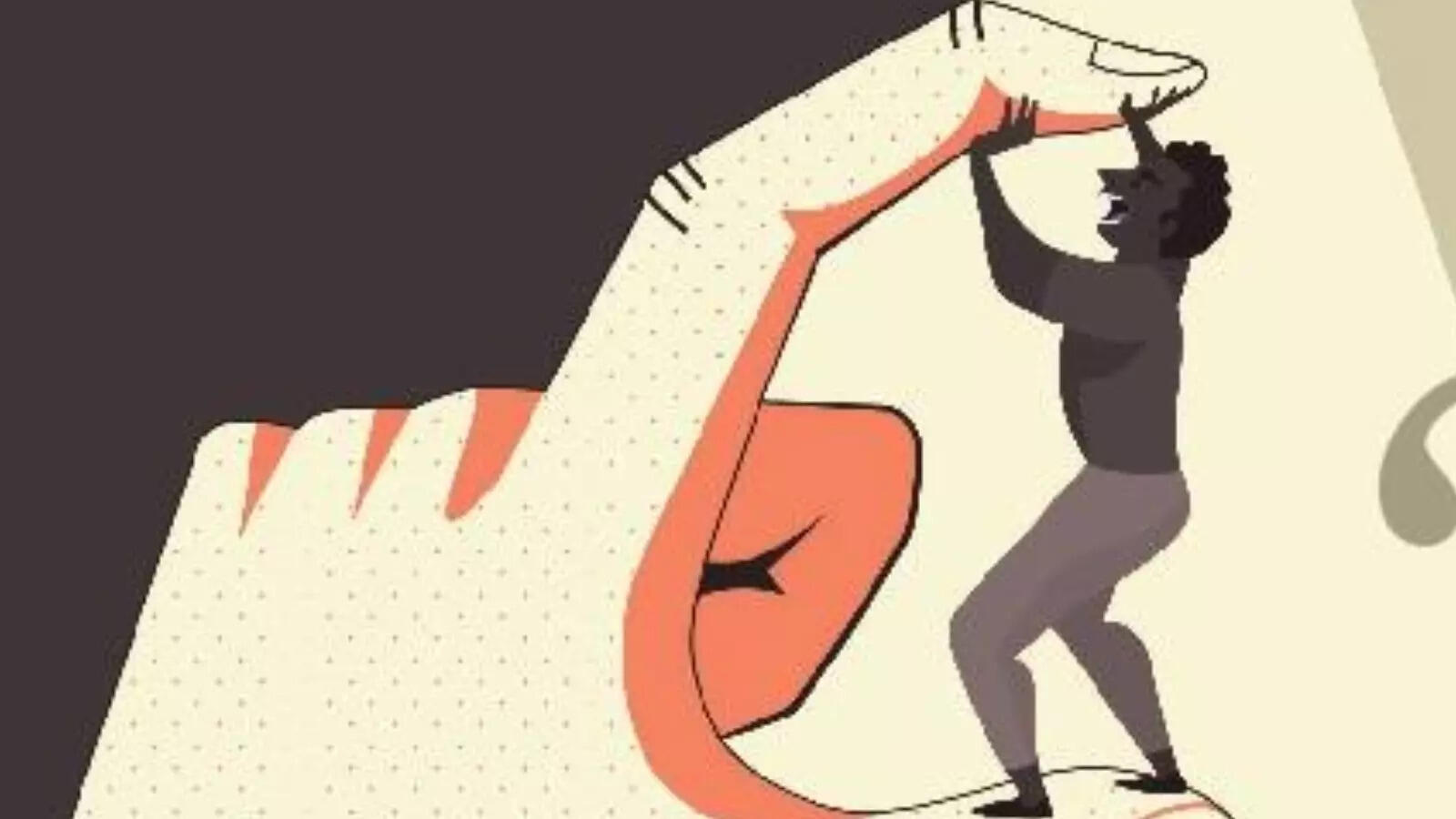Now Reading: Sean ‘Diddy’ Combs Cleared of Sex Trafficking, Convicted on Lesser Charges
-
01
Sean ‘Diddy’ Combs Cleared of Sex Trafficking, Convicted on Lesser Charges
Sean ‘Diddy’ Combs Cleared of Sex Trafficking, Convicted on Lesser Charges

rapid Summary
- Verdict: Sean “Diddy” Combs was acquitted of racketeering and sex trafficking but found guilty of two counts of transportation to engage in prostitution, with each carrying a maximum sentence of 10 years.
- Trial Details: The seven-week trial included testimony from prosecutors accusing Combs of leading a decades-long criminal institution. Combs denied all charges,claiming consensual relationships while acknowledging instances of domestic violence.
- Jurors’ Decision: Jurors deliberated for 13 hours, deadlocking initially on the racketeering charge before reaching the partial verdict. They agreed there wasn’t sufficient evidence for sex trafficking accusations despite disturbing claims from two women who were involved with Combs romantically.
- Witness Testimony: Two women-singer Casandra Ventura and another under the pseudonym Jane-testified about abuse,coercion,and forced participation in sexual activities allegedly orchestrated by Combs.
- Defense Argument: Defense lawyers framed the encounters as consensual while emphasizing that domestic violence incidents between Combs and Ventura did not meet legal definitions for sex trafficking.
- Family support & Reactions: both sides showed emotional responses-Combs expressed visible relief upon hearing his acquittal on major charges; his family cheered in court.
Indian Opinion Analysis
this trial reflects critically important issues surrounding accountability within powerful industries like entertainment. While Diddy’s partial acquittal recognizes ambiguities in proving certain crimes under legal frameworks such as “sex trafficking,” it also highlights ongoing concerns about abuse within high-profile relationships. For India, where public discussions on celebrity misconduct are increasingly prominent amidst evolving societal attitudes toward gender justice, this case could influence perceptions about balancing fame with obligation.
Moreover, india’s burgeoning entertainment sector may draw critical lessons here regarding monitoring workplace conduct and safeguarding rights amidst hierarchical power dynamics often tied to wealth and status. This verdict underscores the importance of robust laws ensuring accountability without undermining due process or presumption of innocence-a principle vital for any democracy striving towards justice for vulnerable groups.
























